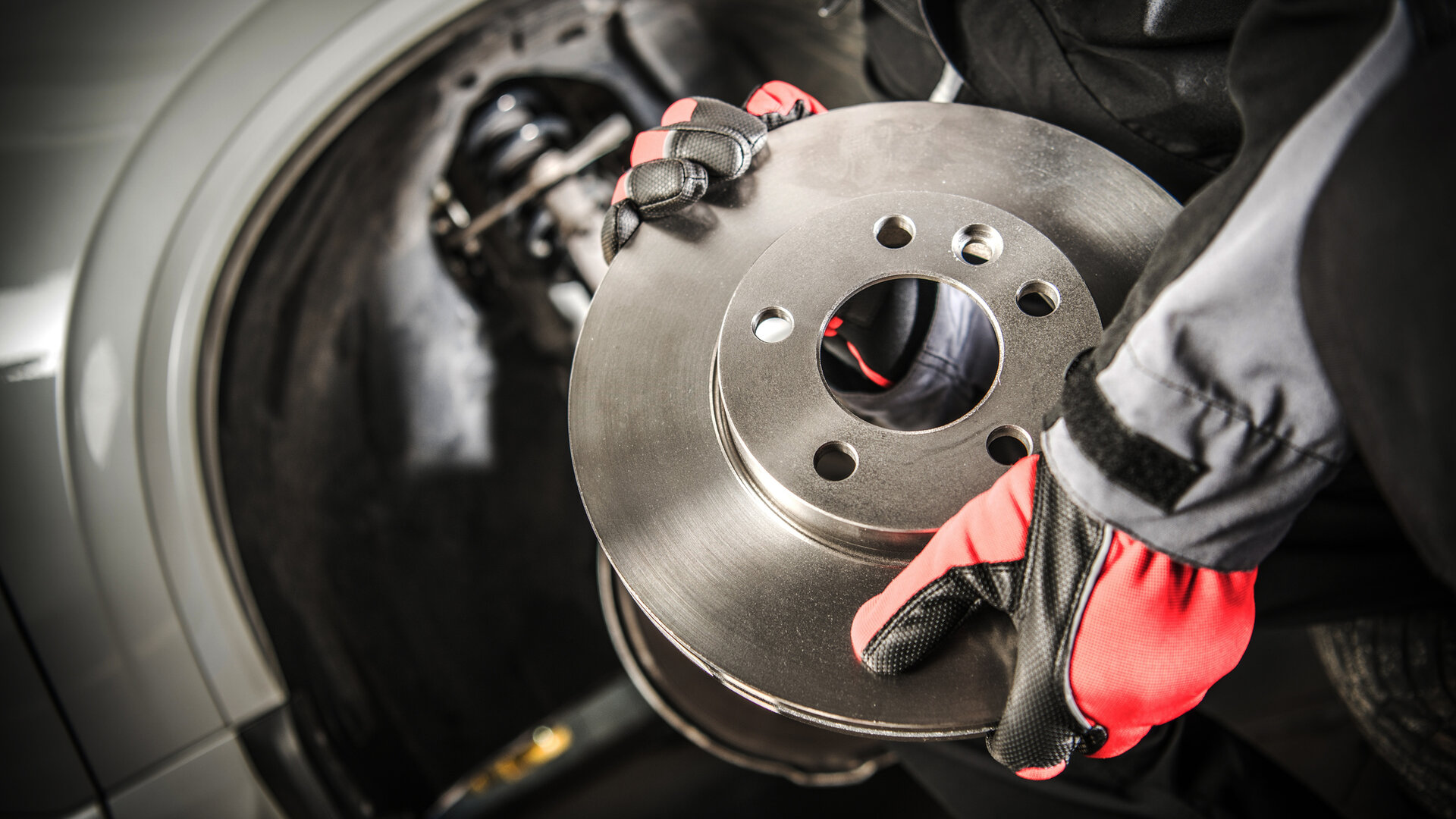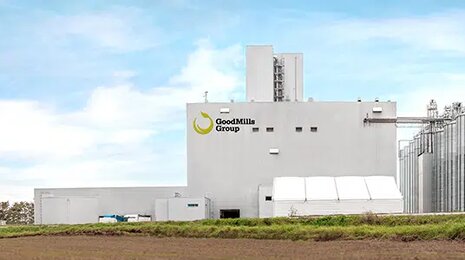The introduction of EDI communication has translated into process optimisation, which in turn has resulted in greater savings. The need for manual data entry was eliminated, the risk of errors was minimised, and free human resources could be allocated more efficiently. As a result, this has translated into significantly higher efficiency for the company than before. This is evidenced by the statistical data. On average, Fomar Friction's customers order 1,890 product lines per month. Manual handling of 1 customer takes an average of 216 minutes. With the help of EDI, this time is reduced to 55 minutes. As the project has already been running for eight years, it is safe to conclude that there are also long-term profits. Every year, Fomar Friction records sales increases in both the PV and CV sectors.
EDI means high business efficiency
The next stage of the joint project was to launch EDI communication with export counterparties regardless of country of origin. Communication standards were standardised so that the system integration of trading partners could run as smoothly and efficiently as possible. At the same time, control processes were implemented to enable 24/7 monitoring of the processes envisaged in the project. The production phase assumed that the implemented EDI messages would be the only binding documents in the process.
SAFE, the System for Archiving Electronic Invoices, was also launched. As the name suggests, this service guarantees the security of the archiving of e-invoices. Initially, 151 customers were included in SAFE, followed by 40 e-invoice recipients in Poland and 35 in the rest of the European Union.
Balance of benefits of EDI implementation
The launch of EDI communication has translated into fully integrated business processes. EDI has standardised the language of communication. An encrypted link was used across all communications. The supply chain has also been streamlined, while maintaining full control over all its processes. In summary, the total balance of benefits of implementing EDI is as follows: optimisation of the production process, cost reduction, elimination of the risk of error, improved data flow (within and outside the company) and operational control. A major advantage is also the time saving seen in, for example, reduced order processing times or the elimination of multiple document printing. All these benefits have translated into increased efficiency for Fomar Friction.






